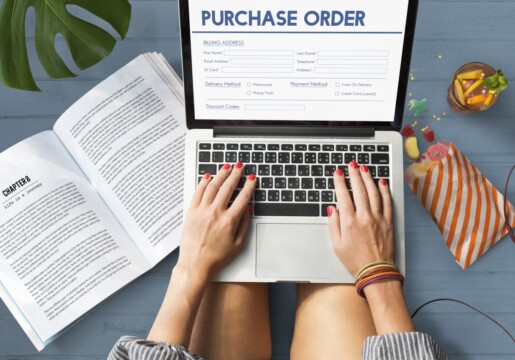In the vast realm of online interactions and transactions, fraud has become an unfortunate reality. One such notorious scam that is emerging is the “Facebook PayPal Scam”. In this article, we’ll dive deep into the intricacies of this deceptive trick, understand its mechanics, and equip you with the knowledge to avoid falling prey to its traps.
Introduction
The digital age has brought us unparalleled convenience and connectivity, but it has also heralded the rise of cybercrimes, among them the notorious Facebook PayPal Scam. As people increasingly turn to online platforms for various activities, fraudsters have taken advantage of this trend and found innovative ways to manipulate and deceive users for their own gains.
Understanding the Facebook PayPal Scam
The Facebook PayPal Scam is a sophisticated scam that exploits the trust users place in social networks and online payment systems. Scammers create convincing fake profiles and ads, often promoting incredible deals or offers, to lure victims into their web of fraud.
How the scam works
In the digital environment, the fraudster’s main goal is to obtain sensitive personal and financial information. They may pose as sellers offering products or services at incredibly low prices. Once the victim shows interest, they are redirected to a fake PayPal page that mimics the legitimate platform. Unsuspecting users enter their credentials, unknowingly handing over access to their PayPal accounts.
Red flags to watch out for
Spotting a potential scam requires a keen eye. Look for inconsistencies in profiles, overly tempting offers and requests for sensitive information. In addition, pay attention to the URL of any payment page – fraudsters often use small variations that may not be noticed at first glance.
Psychological tactics used
Scammers are good at psychological manipulation. They exploit emotions such as fear of missing out (FOMO) and the desire for a bargain. By creating a sense of urgency or scarcity, they force users to make hasty decisions.
Steps to take if you have been scammed
If you’ve fallen victim to a Facebook PayPal scam, it’s important to act quickly. Contact PayPal customer support, change your account passwords, and monitor your financial statements for any unauthorized transactions.
Preventive measures to protect your finances
Prevention is the key to avoiding such scams. Be skeptical of offers that sound too good to be true, enable two-factor authentication, and update your passwords regularly. Educating yourself about potential threats goes a long way toward staying safe.
Educating friends and family
Spread awareness among your loved ones about the Facebook PayPal scam. Sharing information can help create a united front against fraudsters and protect others from falling into the same trap.
Report scammers and suspicious activity
Feel free to report suspicious profiles, ads or interactions to the appropriate platform. Your vigilance can help eliminate fraudulent accounts and prevent future fraud.
The role of social media platforms
Social networks play a key role in both the promotion and prevention of fraud. Striking a balance between user engagement and security measures is critical to maintaining a safe online environment.
A Game of Cat and Mouse: Law Enforcement Vs. fraudsters
Law enforcement agencies are constantly working to track down and apprehend fraudsters, but the ever-evolving nature of these schemes presents challenges. Cooperation between authorities and technology companies is essential in this ongoing battle.
Stay one step ahead: Keeping up with fraud developments
Fraudsters adapt and adjust their tactics, so it is vital for users to be aware of emerging scams. Regularly update yourself on the latest techniques used by scammers to ensure you are well prepared.
Conclusion
The Facebook PayPal Scam is a stark reminder that the digital age offers us incredible opportunities, but also exposes us to risks. By staying informed, cautious and proactive, you can navigate the online environment with confidence and minimize your chances of becoming a victim of fraud.
FAQs
What should I do if I get a suspicious offer on Facebook?
If an offer seems too good to be true or raises doubts, stay away from it. Report a Facebook profile or ad.
Can scammers still access my PayPal account after I change my password?
Changing your password immediately greatly reduces the risk, but it is also recommended to monitor your account for unauthorized activity.
Are older adults more vulnerable to such scams?
Older adults may be more susceptible due to less knowledge of online threats. It is essential to educate them about fraud.
Is PayPal the only payment platform targeted by fraudsters?
No, fraudsters may target other payment platforms and online services. It is important to exercise caution in all online interactions.
How can I help my friends better understand online security?
Share informative articles and resources with them and encourage open discussion about online security practices.











